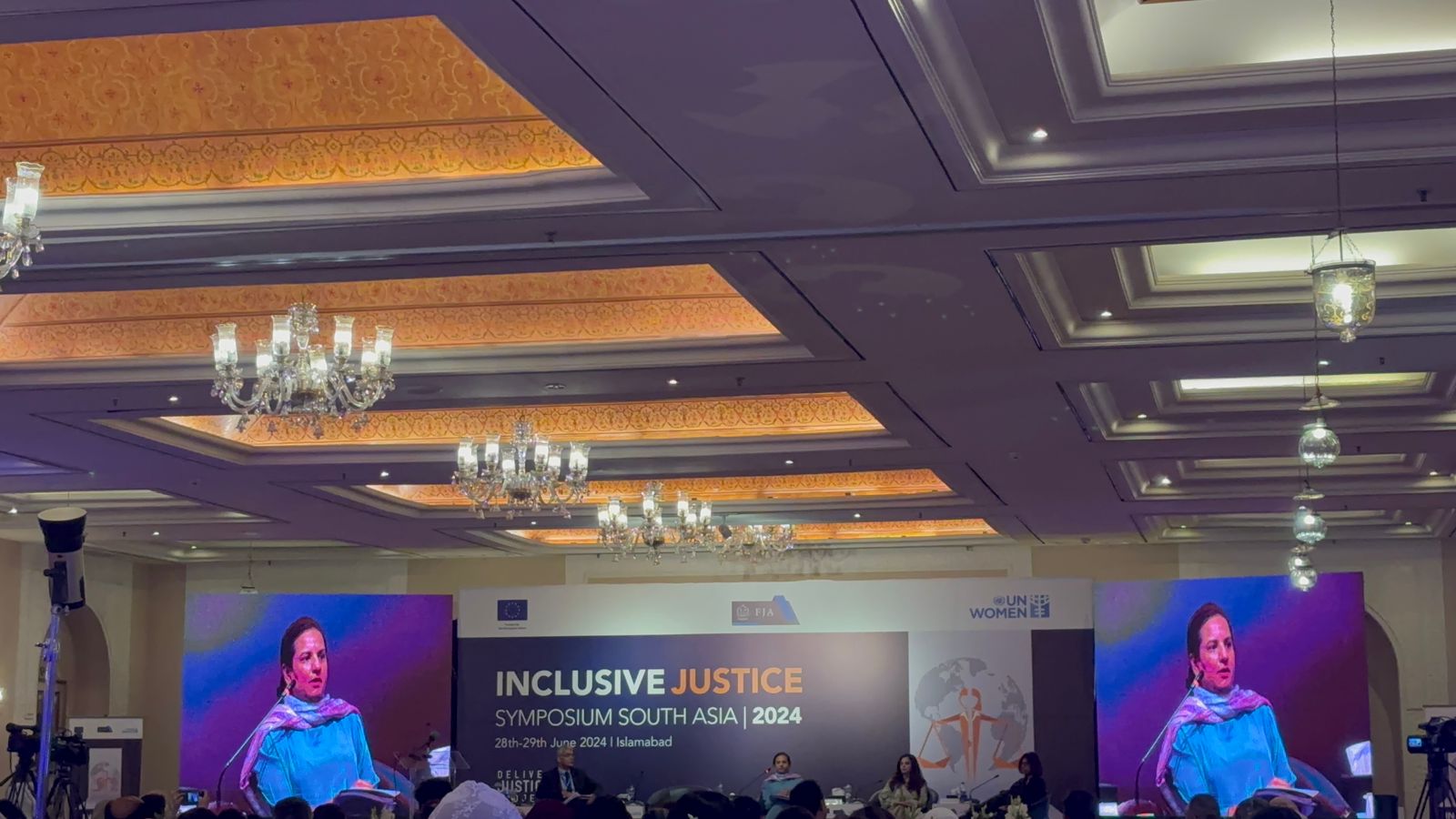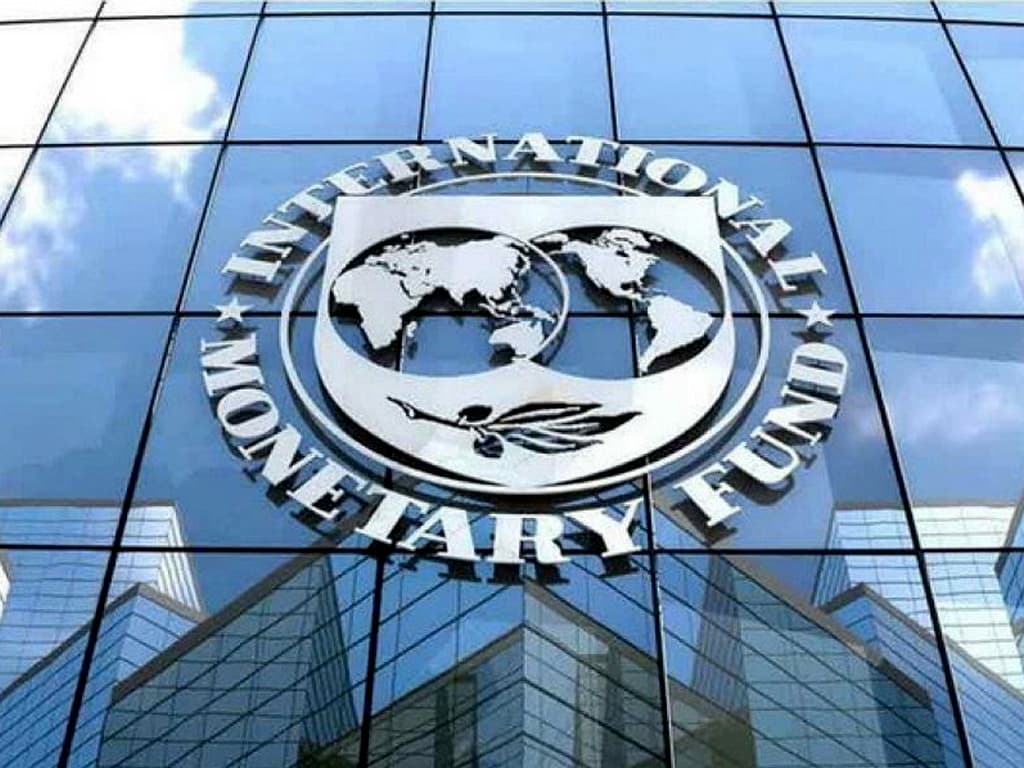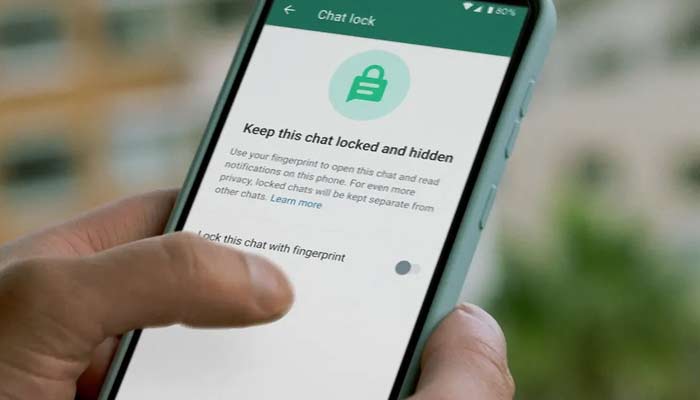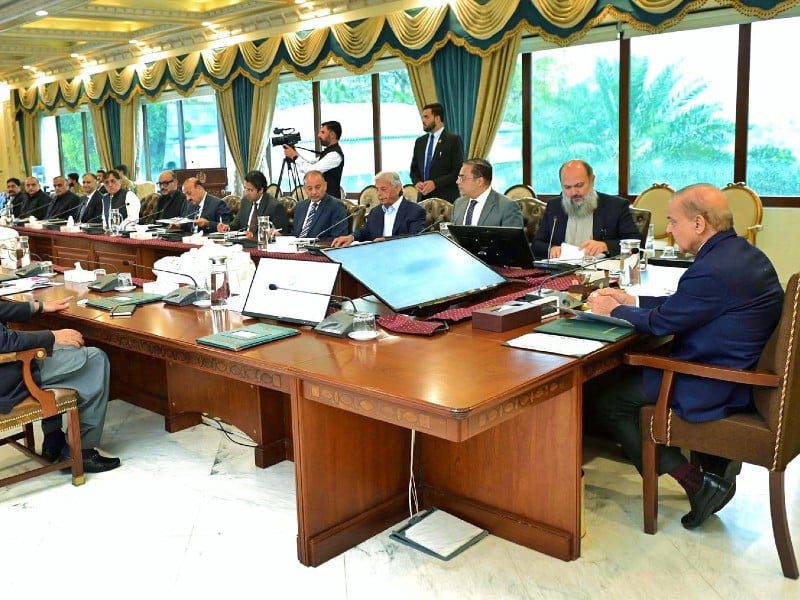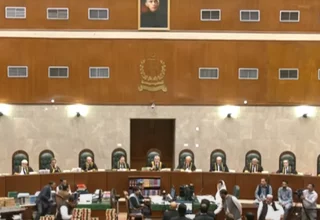The contents of the purported diplomatic cable speak to the tensions between Washington and Islamabad during Imran Khan’s tenure as the country’s Prime Minister.
The United States had warned Pakistan that the relationship between the two countries could sour over Imran Khan’s Moscow visit amid the Russian invasion of Ukraine, adding that Khan’s continued tenure as the Pakistan PM could result in “isolation” in Washington and Europe.
The revelations were made in a report published in the US-based media house The Intercept, which cited the contents of a classified Pakistani government document that Khan had alluded to as “cipher” while alleging foreign interference in his removal from the PM post via a no-confidence motion.
However, this is the first time that the alleged contents of the cipher, which documented a meeting between the then-Pakistani ambassador to the US Asad Majeed Khan and State Department officials, including Donald Lu, who was the Assistant Secretary of State for the Bureau of South and Central Asian Affairs.
“People here and in Europe are quite concerned about why Pakistan is taking such an aggressively neutral position (on Ukraine), if such a position is even possible. It does not seem such a neutral stand to us,” Lu reportedly said in the meeting, as per The Intercept report citing the document, adding that “it seems quite clear that this is the Prime Minister’s policy.”
Lu reportedly added, “I think if the no-confidence vote against the Prime Minister succeeds, all will be forgiven in Washington because the Russia visit is being looked at as a decision by the Prime Minister.”
“Otherwise, I think it will be tough going ahead,” he added, as per The Intercept report.
The contents of the purported diplomatic cable speak to the tensions between Washington and Islamabad during Khan’s tenure as the country’s Prime Minister. The US had publicly criticised Khan’s two-day visit to Russia on February 23, 2022 and the European Union had asked Islamabad to vote against Russia in a UNGA meeting.
Khan had responded to the criticism by doubling down on his stance. Speaking at a rally in the country’s Vehari district on March 6, 2022, he had said: “Are we your slaves that we would do anything you say? We have friendships with the United States, Russia, China and Europe. We are not in any camp. Since we are neutral, we will try collaborate with these countries to endeavour for an end to this war in Ukraine.”
Months later, in August 2022, the Pakistan Tehreek-e-Insaaf party leader was removed from his elected position via a no-confidence motion, becoming the first Pakistan PM to face such a situation. Since then, he had held rallies calling for early elections and accused the country’s powerful military establishment of colluding with Washington to topple his government. In May 2023, Khan was arrested on corruption charges, leading to widespread protests and violence in Pakistan.
Earlier this month, he was sentenced to three years in prison on graft charges, which has disqualified him from participating in the upcoming National Assembly elections.
Pak, US response
Pakistan has refused to confirm or deny the veracity of the cable or its contents, telling local media house Dawn.com that it “does not comment on alleged leaks”.
US State Department spokesperson Matthew Miller, when asked about the report, said: “I’m not going to speak to private diplomatic exchanges other than to say that, even if those comments were accurate as reported, they in no way show the United States taking a position on who the leader of Pakistan ought to be. We express concern privately to the Government of Pakistan, as we express concern publicly, about the visit of then-Prime Minister Khan to Moscow on the very day of Russia’s invasion of Ukraine. We made that concern quite clear.”
However, he denied allegations that the US has interfered in Pakistan’s internal affairs. “But as the former Pakistani ambassador to the United States himself has stated, the allegations that the United States has interfered in internal decisions about the leadership of Pakistan are false. As we’ve stated, they’re false. They’ve always been false, and they remain false,” Miller said.
He added, “…what they [the contents of the cable] show is the United States Government expressing concern about the policy choices that the prime minister was taking. It is not in any way the United States Government expressing a preference on who the leadership of Pakistan ought to be.”



